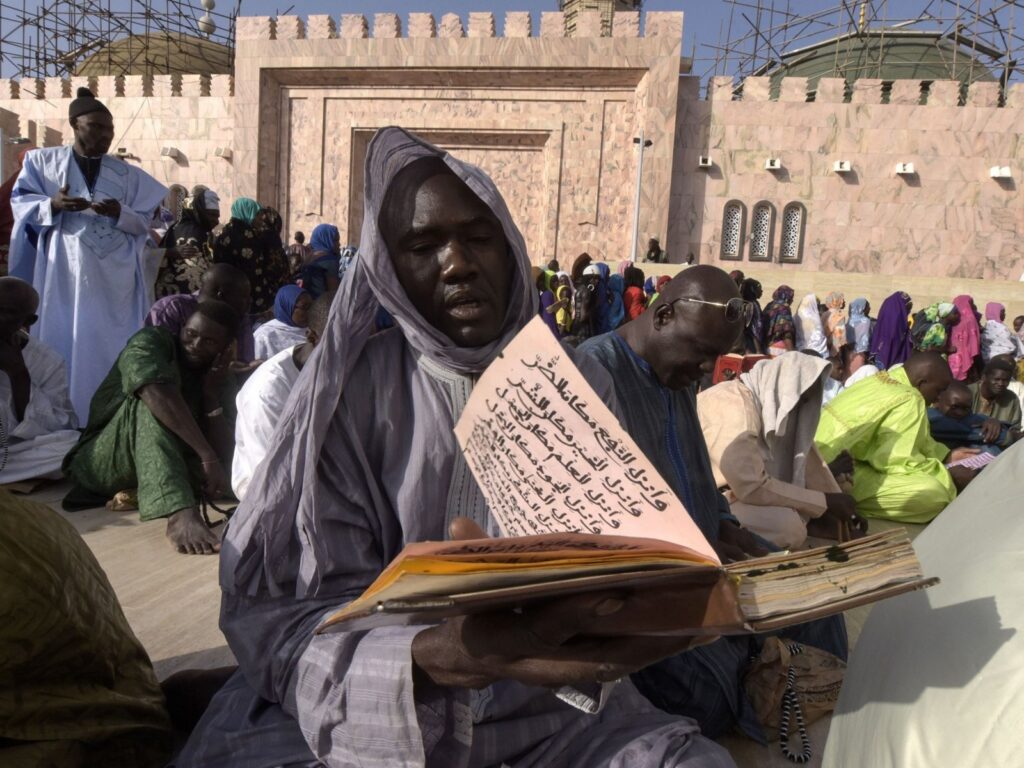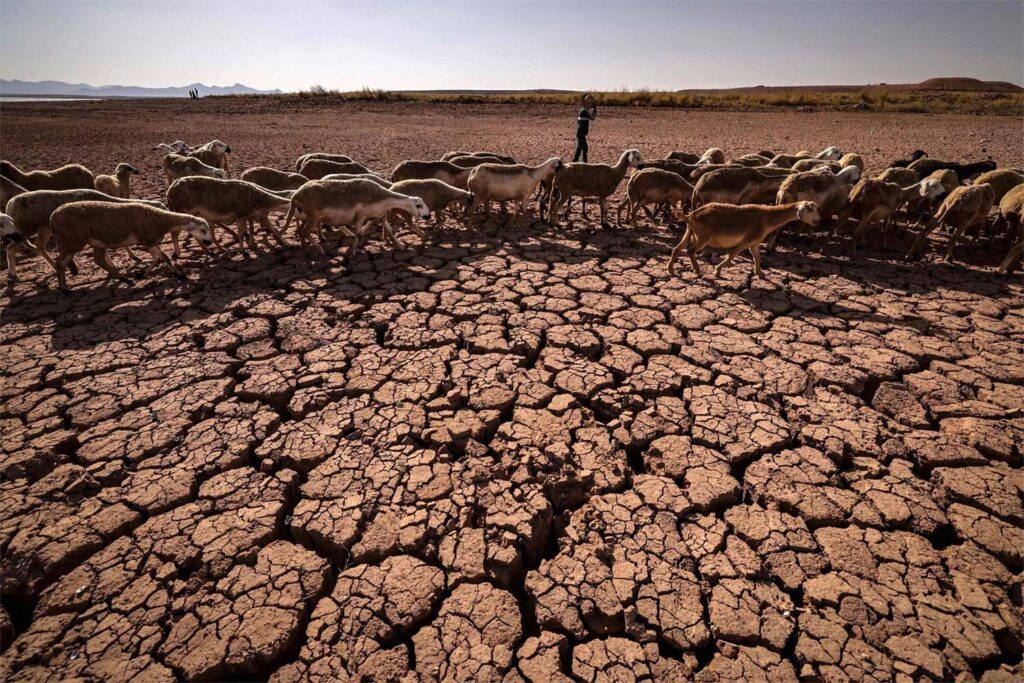
Around two million people gathered in Touba, Senegal, on Tuesday to mark the 131st Grand Magal of Sheikh Amadou Bamba. The annual festival, held on the 18th day of the Islamic month of Safar, celebrates Bamba’s spiritual rank achieved during his exile under French colonial rule.
Mourides from across Senegal and the diaspora in the US, France, and Italy formed kilometer-long queues to visit the Grand Touba Mosque and Bamba’s tomb. “Magal,” meaning “praise” in Wolof, commemorates Bamba’s endurance and spiritual triumph during his 1895 exile to Gabon, reinforcing his followers’ devotion.
Islam reached Senegal in the 11th century, and by the 19th century, Sufi orders like Mourides and Tijani expanded rapidly, despite French colonial efforts to suppress them. Bamba’s growing popularity drew French ire, leading to repeated arrests and exiles, including 42 months under surveillance in Gabon, where he authored many religious works.
His followers view these exiles as victories, elevating his spiritual status and fostering the expansion of Mouridism as a Sunni Sufi tradition in Senegal. The first Grand Magal was organised in 1928 by Bamba’s son, Serigne Mouhamadou Moustapha Mbacke, and today it stands as one of Africa’s most important religious gatherings.
Leaders, artists, businesspeople, and diplomats travel to Touba annually to pay respects to the current Mouride Sheikh, Serigne Mountakha Mbacke, continuing a centuries-old tradition. Bamba’s non-violent resistance has drawn comparisons to Mahatma Gandhi, highlighting his role in Senegal’s struggle against colonialism while preserving spiritual leadership.
Since independence in 1960, Senegal has balanced its secular governance with Sufi traditions, fostering social cohesion and resilience against extremist influences. Political analysts credit the coexistence of state and religion for maintaining societal stability, with Sufi orders serving as respected conciliatory structures across the nation.




